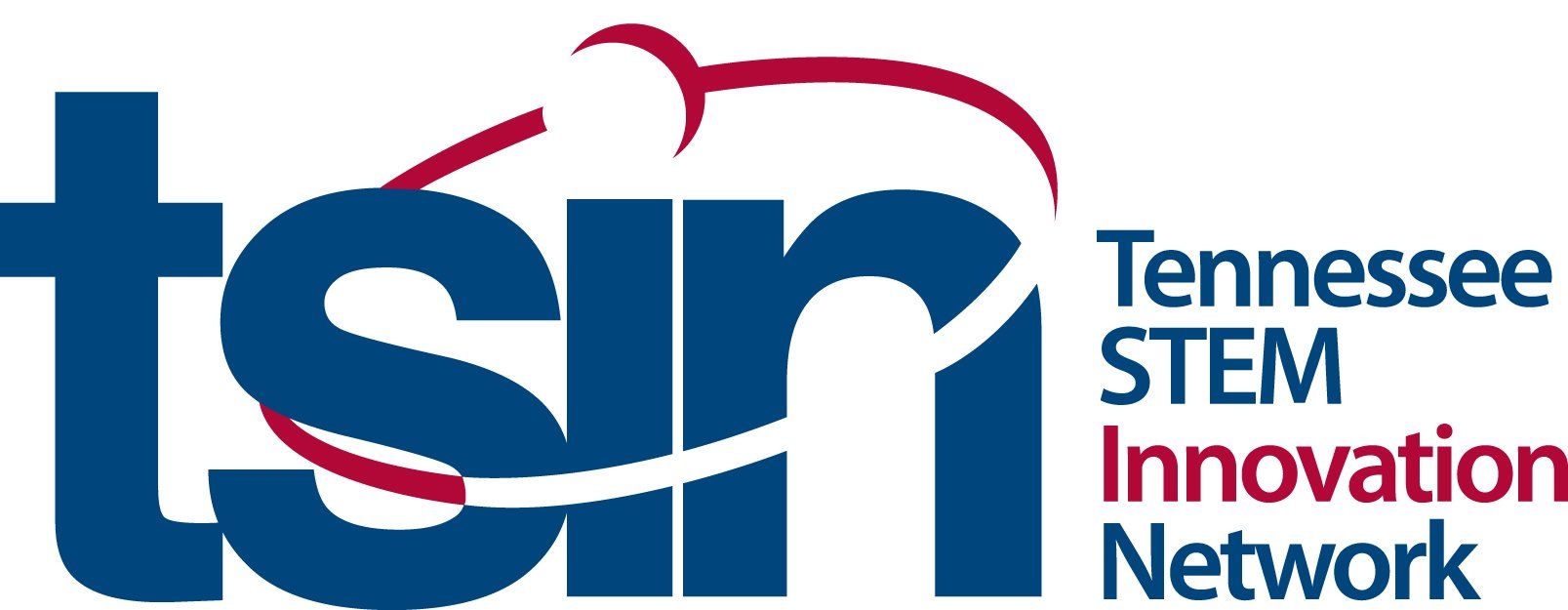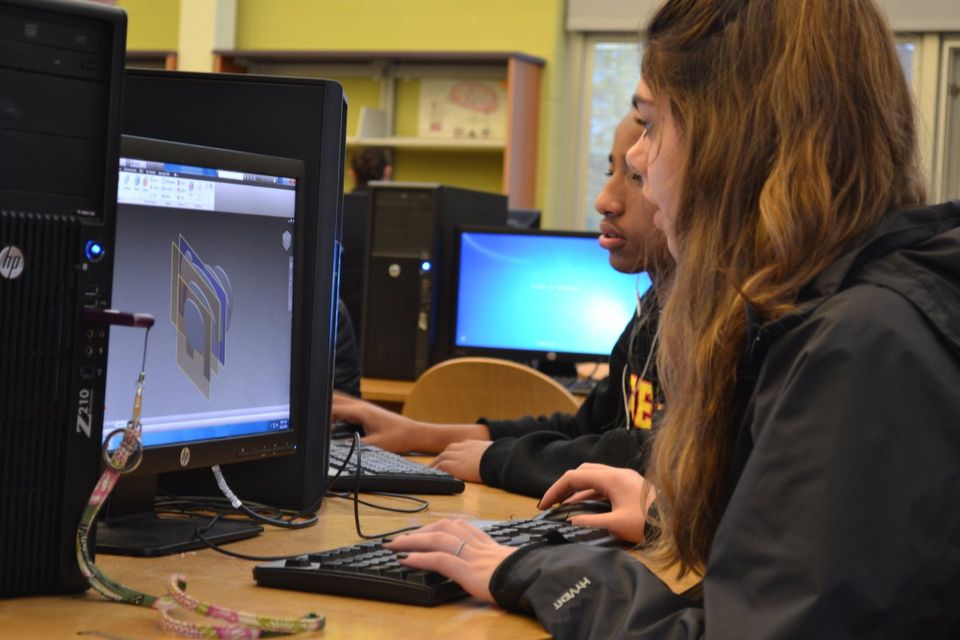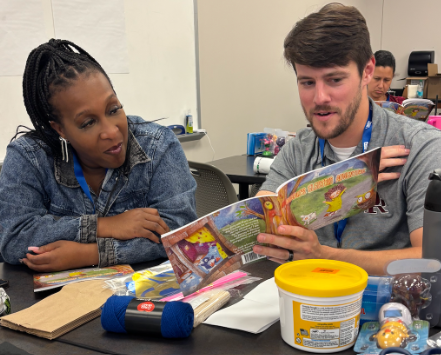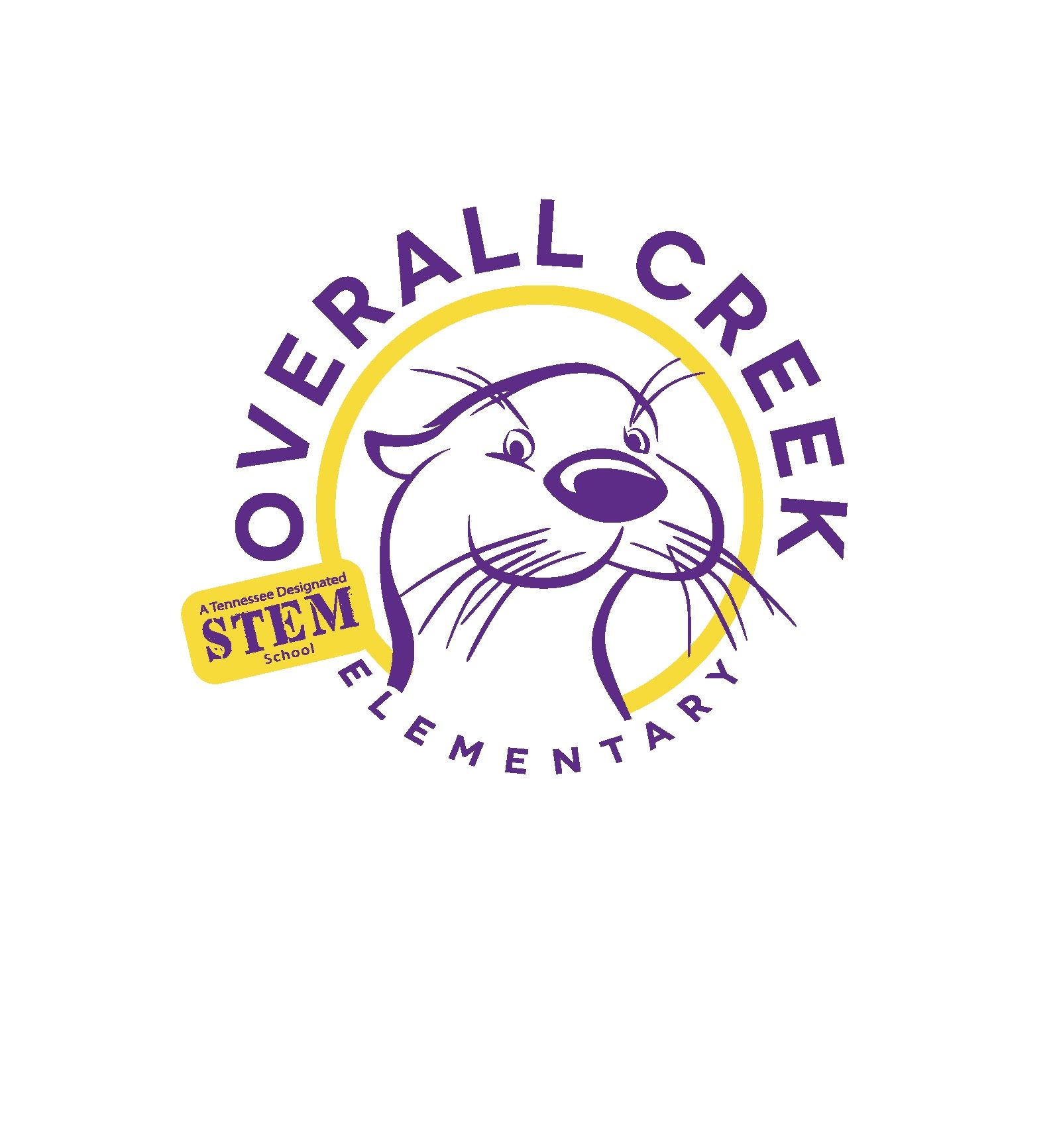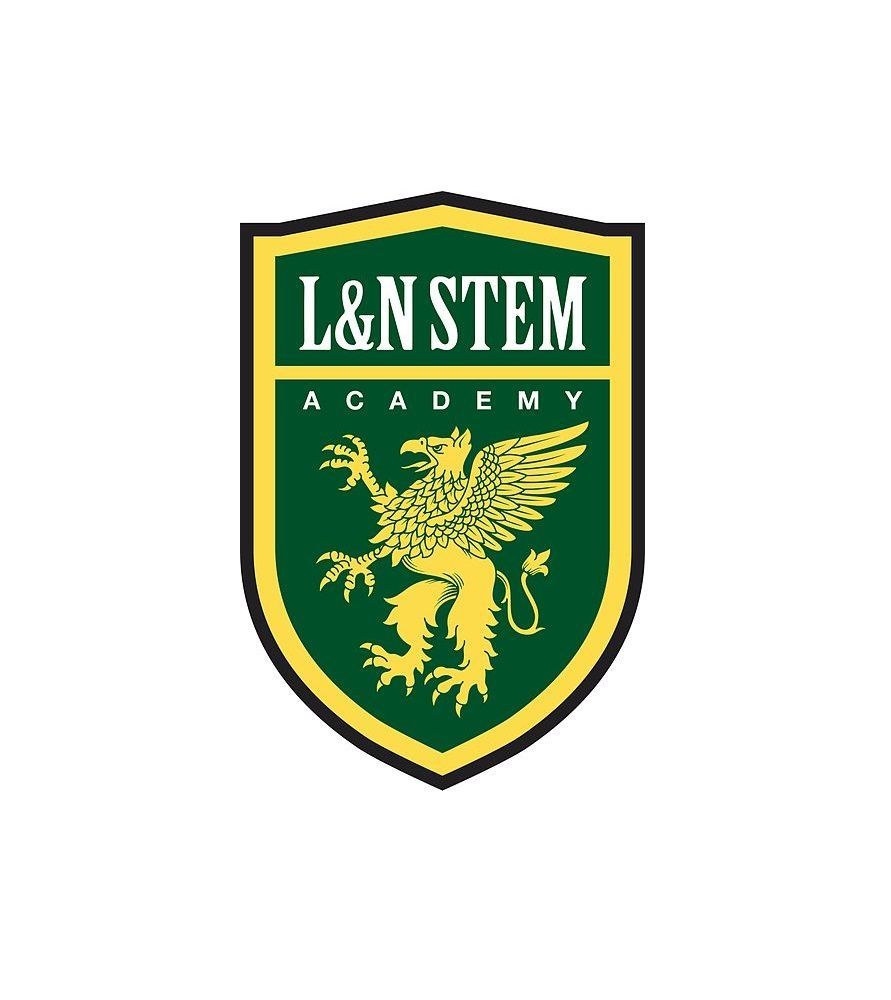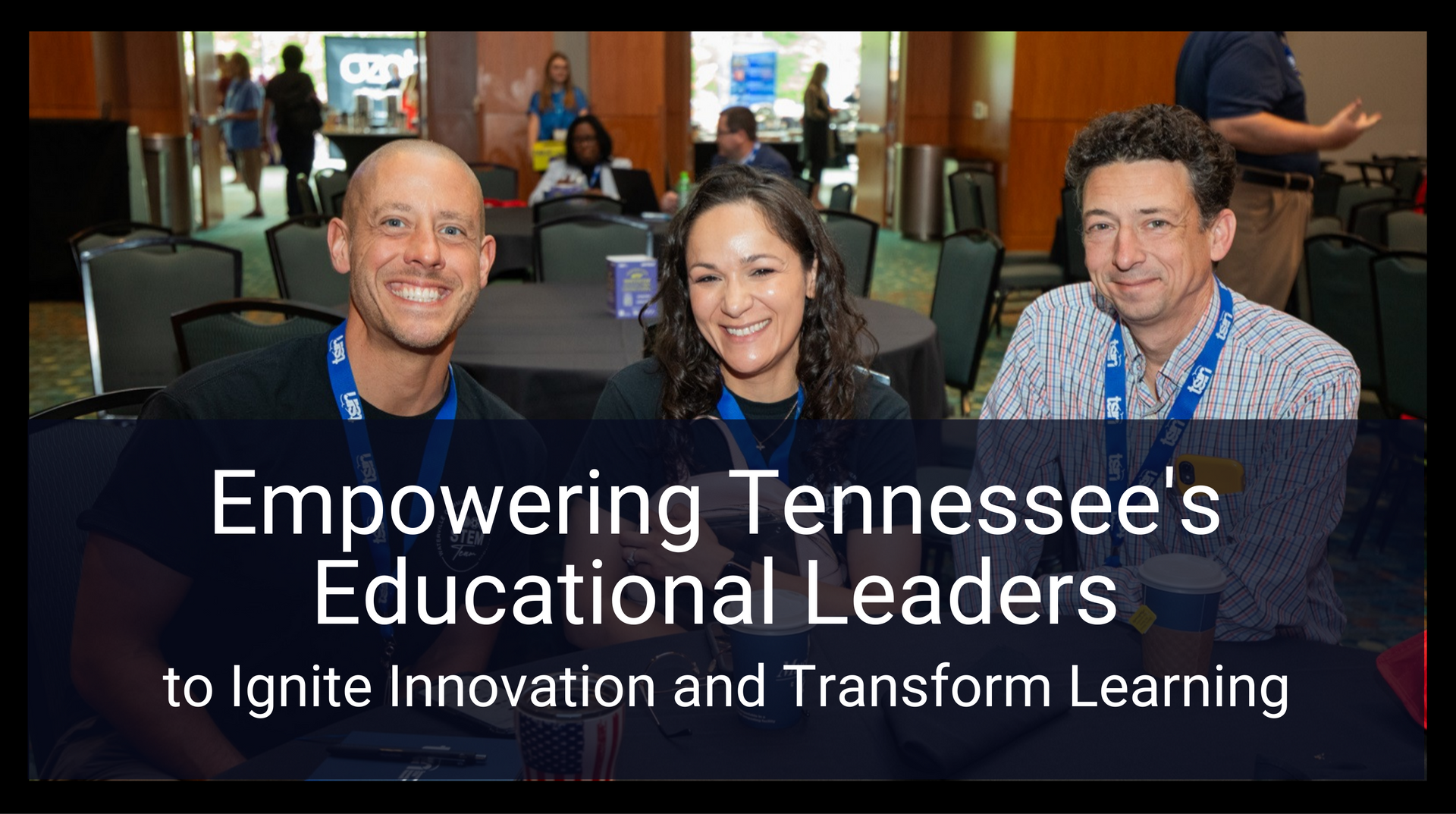Preparing for the Future through Digital Readiness
On June 24th and 25th, TSIN will host regional Digital Readiness trainings to support educators in unpacking Tennessee's K-8 Computer Science standards. We interviewed Molly Plyler, Computer Science educator at Jackson Christian School in Jackson, TN, and one of the facilitators for the Digital Readiness trainings and the Code.org Professional Learning programs, to learn more about the importance of Digital Readiness in preparing future-ready students.
Molly Plyler: I have been blessed to work with K-12 and/or postsecondary schools for the past 17 years. I never thought I would be a teacher. In fact, my undergraduate work was in business and biology. But after spending a year teaching English at a Chinese university, I knew I wanted to be an educator. So I completed my M.Ed. in Curriculum and Instruction to do just that.
I discovered my passion for computer science while working at theCO , one of Tennessee's entrepreneur centers. As I began working with schools across the state, I realized there were countless communities that lacked reliable Internet and basic tech resources. I would hear stories of how students would drive to fast food restaurants so they could have Internet access to complete online coding tutorials. Students who were begging their schools to offer coding classes but wouldn't get them because qualified teachers couldn't be found. Stories of parents who knew their child was talented in tech but had no idea how to develop that skill and were desperately looking for help. I knew I needed to do something. From that point on I started looking for opportunities. How can I help students and fellow teachers develop their computer science skills?
What does the term “digital readiness” mean to you? Why is it important that we are preparing students to be digitally ready?
MP : To me the term "digital readiness" means to be prepared for the future. The conversation is no longer if a child has a career using tech. But rather, when that child starts their career, will they be prepared to fully optimize technology for their daily tasks.
The digital readiness trainings are designed for educators of all grade levels and subject areas. How do the digital readiness standards support teaching and learning within more traditional subject areas?
MP: As a classroom teacher, I appreciate the holistic approach taken with the new Digital Readiness Standards. Students are asked to understand productivity tools, such as creating spreadsheets to collect lab data or organize the events in a story. Through the study of computational thinking and digital citizenship they are also asked to think and behave in a way which prepares them for their future, whatever that may be.
Every educator already uses some form of computational thinking. We just use different subject-specific jargon for these concepts. For example, algorithms are a list of ordered steps. Understanding algorithmic design is critical in writing computer programs. A P.E. teacher might call this process "rules" for how to play hopscotch. In science, students are asked to write the procedure for their lab experiment. English teachers might ask students to memorize the steps to writing an essay. In math, we call it the order of operations. Regardless of the subject or grade, we all use algorithms and other components of computational thinking in the classroom.
Besides the digital readiness trainings, you are also serving as a facilitator for the Code.org Professional Learning program. How does that program build upon the concepts educators will explore in the digital readiness trainings?
MP: The Code.org Professional Learning Program is an excellent way for educators to build on the knowledge and skills they gained at the Digital Readiness Standards training. The idea of teaching students how to code can be intimidating, especially if you are a novice programmer yourself.
The Code.org Professional Learning training provides teachers with an introduction to computer science concepts and coding activities which align to the 6th strand of the Digital Readiness Standards. It also provides schools with grade specific computer science curriculum which includes both plugged and unplugged activities. Thanks to the partnership between Code.org, TSIN and the Tennessee Department of Education, the training and teacher/student resources are offered to schools at no charge.
